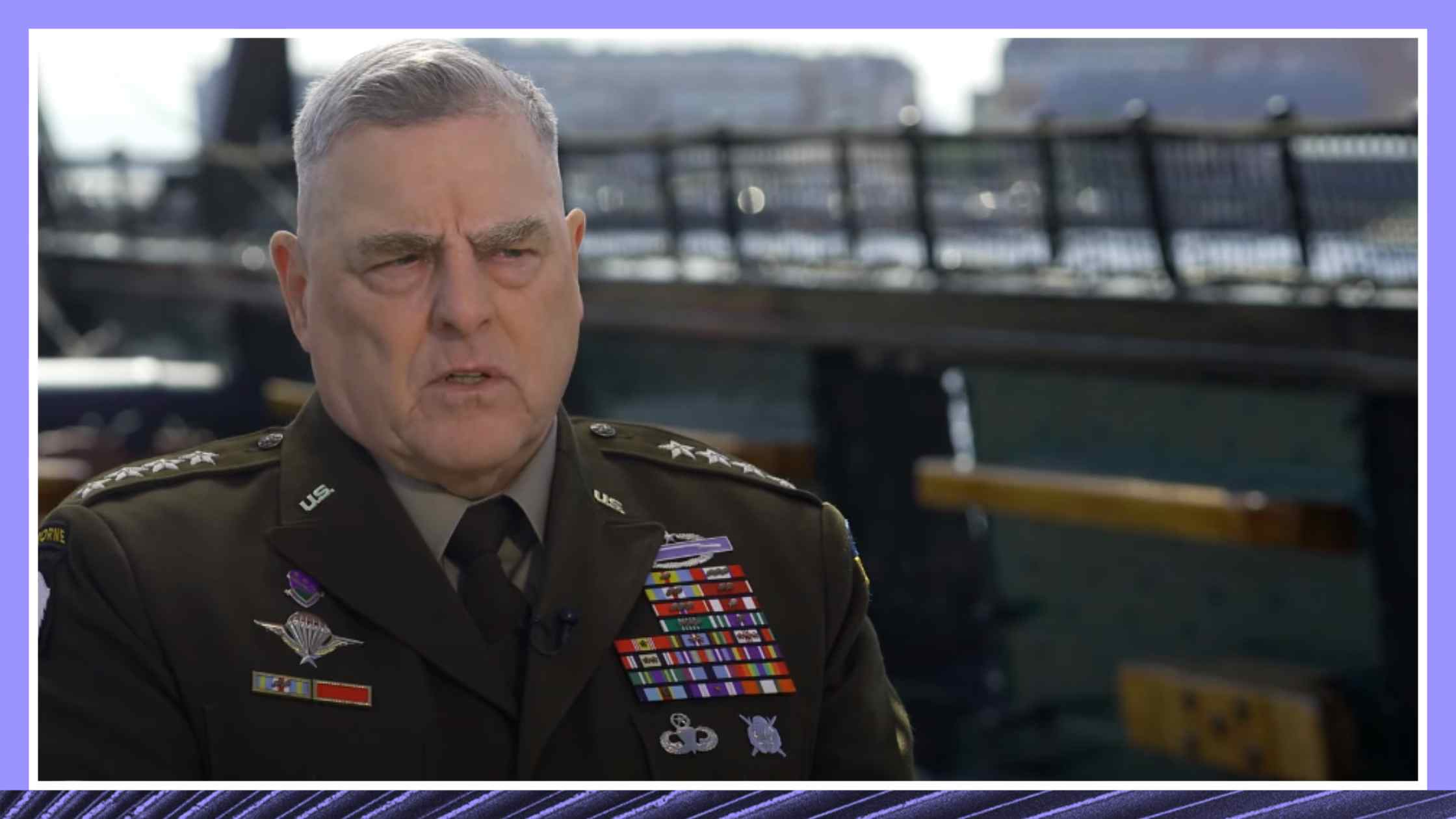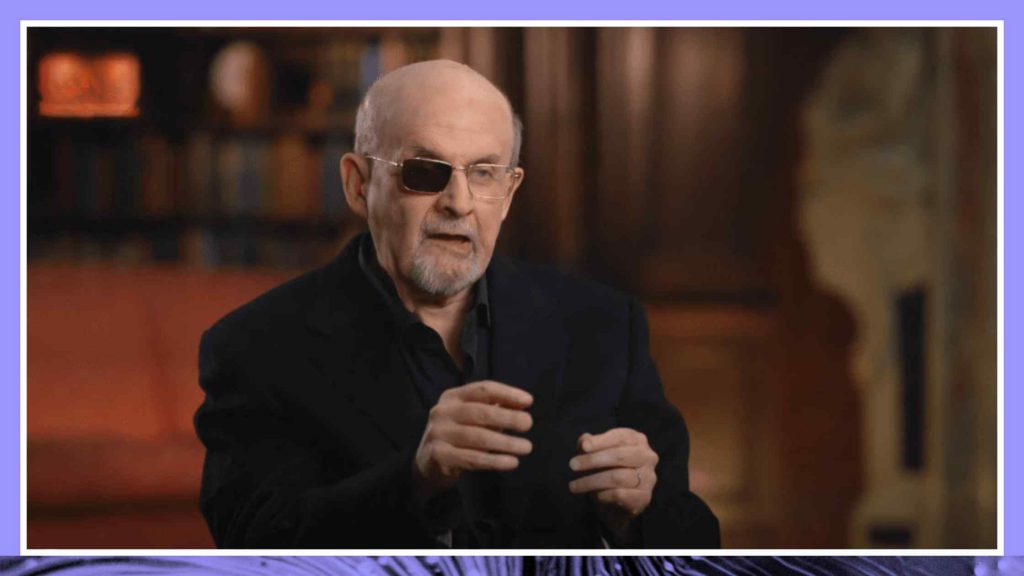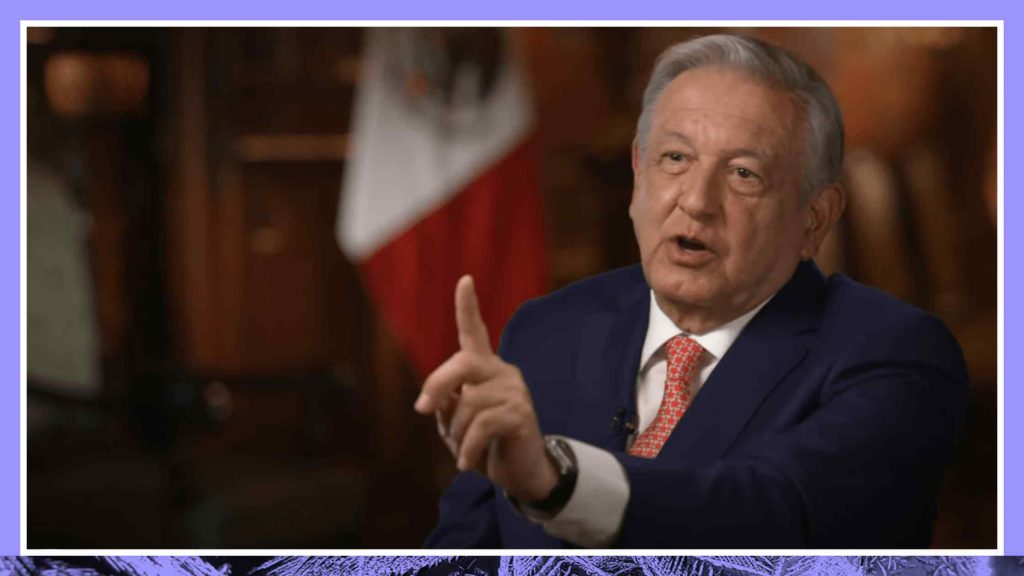Oct 9, 2023
General Mark Milley: The 60 Minutes Interview Transcript

General Mark Milley looked back at his years as chairman of the Joint Chiefs of Staff, including the differences he had with President Trump that nearly caused him to resign. Read the transcript here.
Transcribe Your Own Content
Try Rev and save time transcribing, captioning, and subtitling.
Speaker 1 (00:01):
General Mark Milley completed a four-year term as chairman of the Joint Chiefs of Staff, the nation’s highest ranking military officer on September 30th. He told us he spent most of his time working to avoid a direct conflict with Russia and China while the country watched him have a very public falling out with former President Trump, the man who picked him for the job. General Milley’s time serving President Joe Biden had its own challenges, including America’s calamitous withdrawal from Afghanistan as well as providing Ukraine with billions of dollars worth of American military equipment. A few hours before we sat down with the General at the Pentagon, he’d had his final phone call with the commander of Ukraine’s Armed Forces.
Speaker 2 (00:48):
The story will continue in a moment.
Mark Milley (00:53):
The counteroffensive that the Ukrainians are running is still ongoing. The progress has many, many people have noted is slow, but it is steady and they are making progress on a day-to-day basis.
Speaker 1 (01:03):
But expelling 200,000 Russian soldiers…
Mark Milley (01:05):
Very difficult.
Speaker 1 (01:06):
No easy task?
Mark Milley (01:07):
Very hard. Very hard.
Speaker 1 (01:08):
How long is this going to look like this? A year? Five years?
Mark Milley (01:11):
Well, you can’t put a time on it, but it’ll be a considerable length of time and it’s going to be long and hard and very bloody.
Speaker 1 (01:17):
Russia occupies 41,000 square miles of Ukraine. The frontline extends about the distance from Atlanta to Washington, DC. In Congress this past week, Republicans ended Kevin McCarthy’s speakership, and for now, more aid to Ukraine. According to the White House, of the $113 billion already committed, there’s only enough left to last a few more months.
(01:42)
With all of the issues facing Americans at home, why is this worth it?
Mark Milley (01:48):
If Ukraine loses and Putin wins, I think you would be certainly increasing, if not doubling, your defense budget in the years ahead and you’ll increase the probability of Great Power War in the next 10 to 15 years. I think it’d be a very dangerous situation if Putin’s allowed to win.
(02:01)
Ukraine-Russia obviously is what drives this meeting today.
Speaker 1 (02:05):
The Chairman of the Joint Chiefs is the commander in chief’s principal military advisor, but commands no troops in battle.
Mark Milley (02:13):
I am obligated regardless of consequences to give my advice to the president, but no president is obligated to follow that advice.
Speaker 1 (02:19):
This past August, General Milley invited us aboard the USS Constitution in Boston Harbor, not far from where he grew up.
Mark Milley (02:27):
We’re the only military in the world that swears an oath not to a king, a queen, a tyrant, a would-be tyrant or a dictator. We swear an oath to an idea, the idea that is American, and it’s embodied in that document, the Constitution, which sets up our form of government.
Speaker 1 (02:41):
In 2021, General Milley had counseled President Biden to keep 2,500 troops in and around cobble. Instead, Mr. Biden ordered a complete withdrawal to end America’s longest war after 20 years, the disaster that followed will be part of both of their legacies.
Mark Milley (03:01):
I go through the entire withdrawal from Afghanistan, chapter and verse all the time. That was a strategic failure for the United States. The enemy occupied the capital city of the country that you were supportive. So to me that hurts. That hurts a big way. But no matter what pain I feel or anyone else feels, nothing comes even close to the pain of those that were killed.
Speaker 1 (03:22):
To those who served in Afghanistan for two decades and lost family members and friends and wonder, “Was it worth it?”
Mark Milley (03:31):
That’s always the question, right? So 2,461 killed in action by the enemy in Afghanistan over 20 years. Was it worth it? Look, I can’t answer that for other people. This is a tough business that we’re in, this military business. It’s unforgiving. The crucible of combat’s unforgiving. People die, they lose their arms, they lose their legs. It’s an incredibly difficult life. But is it worth it? Look around you, ask yourself the question. For me, I’ve answered it many times over and that’s why I stay in uniform and that’s why I maintain my oath.
Speaker 1 (04:02):
His commitment to that oath would be both tested and questioned by Donald Trump while their relationship began with kind words.
Donald Trump (04:11):
Mark Milley, he’s a great gentleman. He’s a great patriot. He’s a great soldier.
Speaker 1 (04:15):
After the January 6th insurrection, the two men would not speak again.
Video (04:24):
Speaker 1 (04:24):
Their public estrangement started in the spring of 2020 when protests for racial justice, some violent, spread across the country, including to Washington, DC.
(04:32)
Perhaps more than any other chairman in the role you have become ensnarled in politics and arguably threats to the Constitution, what have you learned from that?
Mark Milley (04:43):
Well, I think it’s important to keep your north star, which is the Constitution. We, the military, are not only apolitical, we are nonpartisan. You can’t pick sides.
Speaker 1 (04:53):
June 1st, 2020, was that a turning point for you as chairman?
Mark Milley (04:57):
I think it was, yeah. I realized that I stepped into a political minefield and I shouldn’t have.
Speaker 1 (05:04):
He’s talking about the day when President Trump threatened to invoke the Insurrection Act and deploy the US army to put down the unrest on America’s streets. On the evening of June 1st after demonstrators near the White House were removed by force…
Video (05:19):
Don’t shoot! Don’t shoot!
Speaker 1 (05:22):
… Chairman Milley dressed in battle fatigues join President Trump and members of his cabinet in a march across Lafayette Square to St. John’s Church where Mr. Trump posed for photographs. 10 days later, General Milley apologized in a speech to graduates of the National Defense University.
Mark Milley (05:41):
My presence in that moment and in that environment created a perception of the military involved in domestic politics. As a commissioned uniformed officer, it was a mistake that I’ve learned from.
Speaker 1 (05:54):
It’s rare for a chairman to apologize publicly.
Mark Milley (05:56):
Well, I grew up here in Boston. I’m Irish Catholic. My mother and father taught me that when you make a mistake, you admit it, you go to confession, you say 10 Hail Marys and Our Father. Everybody makes mistakes, and the key is how you deal with a mistake.
Speaker 1 (06:09):
After you apologized, former President Trump said you choked like a dog.
Mark Milley (06:14):
Yeah. I’m not going to comment on anything the former president has said or not said.
Speaker 1 (06:18):
General Milley did tell us he was so disillusioned with the former president’s actions he nearly resigned. Instead, according to former Defense Secretary Mark Esper, he and the general made a pact to protect the military from becoming politicized or misused.
(06:35)
It’s also been reported that you spent several days, several drafts of resignation letters.
Mark Milley (06:41):
That’s right.
Speaker 1 (06:41):
I was very struck by the one that was published in which you said to the president, “It is my deeply held belief that you are ruining the international order, causing significant damage to our country overseas that was fought so hard by the greatest generation in 1945. That generation has fought against fascism, has fought against Nazism, has fought against extremism. It’s now obvious to me that you don’t understand that world order.” You don’t think Donald Trump understood what World War II was fought over?
Mark Milley (07:14):
I don’t know what former President Trump understood about World War II or anything else. I can tell you that from 1914 to 1945, 150 million people thereabouts was slotted in the conduct of Great Power War. And in 1945, the United States took the initiative and drafted up a set of rules that govern the world to this day. Those rules are under stress internationally. President Putin is a direct frontal assault on those rules. China is trying to revise those rules to their own benefit.
Speaker 1 (07:48):
But that’s one thing to say that China is threatening that world order and Russia is threatening that world order. To say that the commander in chief, Donald Trump, was ruining the international order and causing significant damage, what did you see that caused you to write that?
Mark Milley (08:04):
I would say that-
Speaker 1 (08:05):
It’s got to be more than walking into Lafayette Square in uniform.
Mark Milley (08:08):
There was a wide variety of initiatives that were ongoing. One of them of course was throwing troops out of NATO. Those were initiatives that placed at risk, I think, the America’s role in the world. Now, that is the opposite of what my parents and 18 million others wore the uniform for World War II to defeat.
Speaker 1 (08:29):
General Milley doesn’t just revere the greatest generation. He was raised by it. His father was a Navy medic who served in the Pacific campaign, including at the Battle of Iwo Jima. His mother joined the Naval Reserve to work as a nurse.
Mark Milley (08:45):
Well, this was and still remains a very patriotic neighborhood.
Speaker 1 (08:48):
After the war, they settled in Winchester, a small town north of Boston.
Mark Milley (08:53):
Almost every single male and female parent that was here, they’re all World War II veterans of one kind or another.
Speaker 1 (09:01):
The whole block really? A lot of people had-
Mark Milley (09:03):
All. Everybody. Yeah, 100%. Interesting. No officers. These were all 100% enlisted and they had their own opinions of officers too.
Speaker 1 (09:10):
Including your parents, right?
Mark Milley (09:11):
Oh, yeah. Yeah.
Speaker 1 (09:12):
During high school, he was recruited to play ice hockey at Princeton University and decided to join the Reserve Officers Training Corps or ROTC. After graduating in 1980, he went on to become a paratrooper and serve in special forces. He did one combat tour in Iraq and three in Afghanistan.
Mark Milley (09:32):
Raise your right hand.
Speaker 1 (09:33):
This past May, he returned to Princeton to commission the graduating ROTC class.
Mark Milley (09:39):
Congratulations to every one of you.
Speaker 1 (09:41):
And took a particular interest…
Mark Milley (09:43):
All right, cadets.
Speaker 1 (09:44):
… in a few of the young officers whose language skills are currently in high demand.
Speaker 5 (09:49):
I speak Chinese, sir.
Mark Milley (09:50):
Chinese is really, really important to us. Does anybody else speak Chinese? Whoa. 1, 2, 3, 4, 5. If you speak Chinese, if you don’t mind, I’d like to get your names and we’ll see where life takes you, guys.
(10:03)
We, the United States, need to take the challenge, the military challenge of China extraordinarily seriously.
Speaker 1 (10:09):
How concerned are you that military to military communications are not happening right now with China?
Mark Milley (10:16):
Yeah, I think we need to get that established. We had them for a period of time and then they’ve dropped off, so channels of communication are important in order to deescalate in time of crisis.
Speaker 1 (10:26):
General Milley says he held a total of five calls with his Chinese military counterparts during the Trump and Biden administrations, but it was his last two calls during the final months of the Trump presidency that got the attention of the press, Congress, and the former president himself.
(10:44)
Why did you think it was so important to call your Chinese military counterpart in the aftermath of the January 6th attacks?
Mark Milley (10:51):
That’s an example of deescalation. So there was clear indications that the Chinese were very concerned about what they were observing here in the United States. So it was important.
Speaker 1 (11:01):
Did you see some movement of Chinese military equipment?
Mark Milley (11:03):
I won’t go over anything classified. So I won’t discuss exactly what we saw or didn’t see, or what we heard or didn’t hear. I will just say that there was clear indications that the Chinese were very concerned.
Speaker 1 (11:15):
President Trump recently said that your dealings with China were so egregious that in times gone by, the punishment would have been death.
Mark Milley (11:27):
That’s right. He said that.
Speaker 1 (11:29):
But for the record, was there anything inappropriate or treasonous about the calls you made to China?
Mark Milley (11:33):
Absolutely not. Zero. None. And not only that, they were authorized, they’re coordinated. Congress knows that. We’ve answered these questions several different times in writing.
Speaker 1 (11:41):
Were you giving the Chinese information about thinking of the President of the United States?
Mark Milley (11:45):
The specific conversation was, I think, in accordance with the intent of the Secretary of Defense, which was to make sure the Chinese knew that we were not going to attack them.
Speaker 1 (11:54):
Why did the Chinese think that the US under then President Trump was going to attack them?
Mark Milley (11:58):
Because the Chinese were concerned about what is commonly referred to in the English language, like an October surprise, wag the dog sort of thing. They were wrong. They were not reading us right. Look, President Trump was not going to attack China, and they needed to know that.
Speaker 1 (12:14):
China, Russia, and the war in Ukraine are now the problem of his successor, Air Force General Charles Q. Brown, Jr. There are also areas of concern closer to home. Last year, the Army missed its recruiting numbers by 15,000 soldiers, the worst shortfall in decades.
(12:35)
Confidence in the US military is at its lowest in two decades. Do you bear any personal responsibility for that?
Mark Milley (12:42):
Absolutely. I think as the leader of the military, the uniform military, I think that I am part of that for sure. I think the walk from the White House to the St. John’s Church, I think that helped create some of that. I think the withdrawal from Afghanistan helped create some of that. But I would also say the United States military is still one of the most respected institutions in the United States by a long shot, by a huge margin. I think we’ve taken a slip back a little bit, and I think we need to improve on that.
Speaker 2 (13:13):
General Mark Milley, on the future of warfare.
Speaker 1 (13:16):
Does it make war more likely?
Mark Milley (13:19):
It could.
Speaker 2 (13:19):
At sixtyminutesovertime.com.
Transcribe Your Own Content
Try Rev and save time transcribing, captioning, and subtitling.






